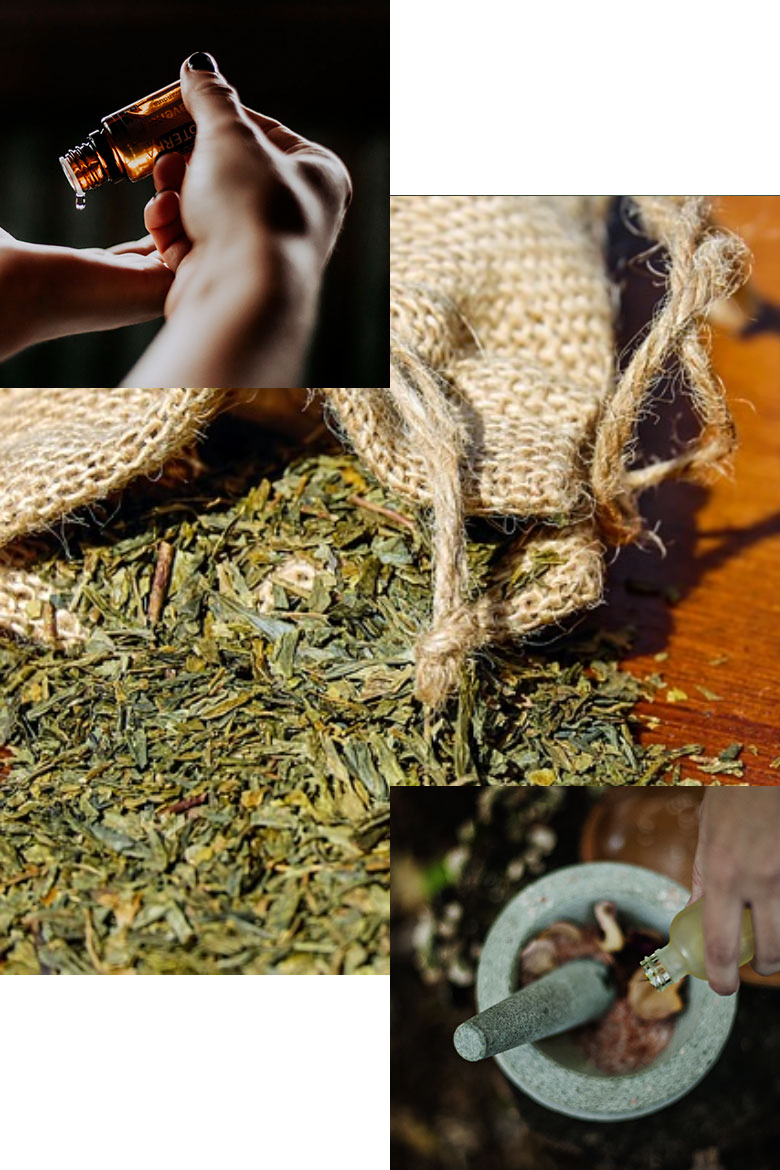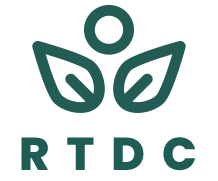Who Are We?
We are grateful for the work conducted by our researchers in collaboration with the National Herbarium of the Ministry of Scientific Research. We are especially grateful for the work conducted by Dr. Constantine N. Nana, Dr. Eric Djomo Nana, Mr. Standly Nkemnyi, and Mr. Eric Ngansop.
Traditional medicine cannot be defined with precision. However, it is generally held to mean the knowledge, techniques, practices, remedies, and therapies indigenous to a culture used to diagnose, treat, and prevent illnesses in a non-conventional setting.
Despite increased attention, traditional medicine is yet to be integrated into the national healthcare system of Cameroon. With the sharp rise in global health care demand and the inadequacy of allopathic medicine in dealing with novel diseases, international biomedical organisations are increasingly investigating the potential of traditional knowledge and genetic resources. As such, traditional medicine is currently a multibillion-dollar industry. Documenting and protecting traditional knowledge, drugs, and therapeutic approaches are matters of great priority.
The Government of Cameron in collaboration with the World Health Organisation (WHO) has put in place a strategic platform for the integration of traditional medicine into the national health care system. However, that goal is yet to be achieved. There are still no eligibility requirements healers must meet to qualify. There is still no consensus on the basic deontology of the traditional doctor-patient interaction. This lack of knowledge has led to mistrust and misunderstanding between traditional doctors and trained professionals in allopathic medicine (physicians, clinicians, lab technicians, researchers, etc.). The conflict makes it even more difficult for traditional knowledge holders to access systems of intellectual property protection which are designed for innovations that can be demonstrated to persons skilled in the art.
The only way we can effectively commercialize traditional medicine and mitigate or eliminate misappropriation is through occupational closure or professional demarcation, viz., the process whereby the trade transforms itself into a true profession by closing off entry to all but those suitably qualified. A register of traditional doctors is a first step.

Following the enactment of Law No. 90-036 of August 10, 1990, all persons practising medicine have to be registered with the Medical Association. The latter was established by Section 1 of the Law No. 80/7 of July 14, 1980. If both statutes are applied strictly, the vast majority of traditional healers would be indictable for unauthorized practice of medicine under Part III of the 1990 Law. However, Cameroon is one of those countries that still grapple with the idea of sustaining two poorly delineated regimes: modern and traditional. Hence, in some regions, traditional healers derive their authority from customary law that subsists on the prejudiced support of native customs. In other regions (the majority), the healers rely on the Freedom of Association Law (No. 90/053 of December 19, 1990) that governs the right of a group to pursue common interests outside the political sphere. Associations created under this law do not require prior authorisation from the Minister in charge of Territorial Administration. All they have to do is declare the formation of the association and provide two copies of its constitution to the appropriate Divisional Office. If the association is not considered illegitimate, the Divisional Office acknowledges receipt of the documents.
